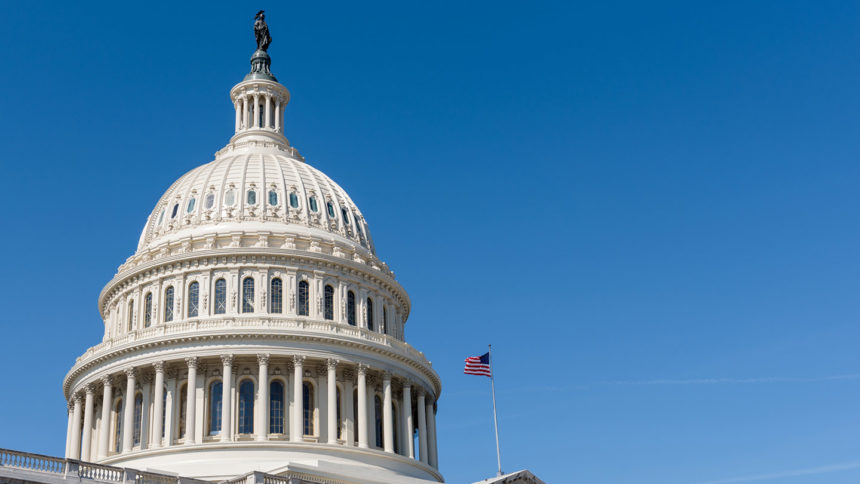
Legislation to address labor challenges and create a $10 billion sustainability fund for senior living providers is expected to be introduced today.
U.S. Reps. Lori Trahan (D-MA) and Brian Fitzpatrck (R-PA) are set to sponsor the Argentum-proposed Safeguarding Elderly Needs for Infrastructure and Occupational Resources (SENIOR) Act, which would create $1.25 billion in grant programs through the Department of Health and Human Services’ Health Resources Services Administration for workforce development. The Act would build on existing workforce programs, specifically bolstering workforce development programs within HRSA, by emphasizing geriatric care.
It also would establish a $10 Caregiver Sustainability Fund for assisted living providers that can demonstrate significant and uncompensated pandemic-related losses.
Elya Taichman, Trahan’s legislative director, said Thursday during a congressional staff briefing that the fund would stabilize assisted living providers and other providers in congregate settings for older adults who can demonstrate significant and uncompensated COVID-related losses due to direct senior care.
“Just as nursing homes and other providers received federal funding, Congress has an obligation to assisted living facilities operating at a loss because of COVID-19,” Trahan said in a taped statement. “In the longer term, Congress must build a pipeline for the senior care workforce. That is why my bill creates a new grant program through HHS to incentivize the development of a geriatric workforce.”
Assisted living providers care for 2 million older Americans, according to Argentum. And although by the association’s estimate the senior living industry has seen $30 billion in pandemic-related losses, assisted living communities have received less than 1% of all Provider Relief Fund dollars.
Out of the $178 billion allocated to the Provider Relief Fund, assisted living and memory care providers received $627 million in Phase 2 distributions and $325 million in Phase 3, according to figures Argentum provided from a December 2020 report from the U.S. Government Accountability Office.
“Our concern is, so many of our frontline caregivers have been left behind,” said Argentum Senior Vice President of Public Affairs Maggie Elehwany, adding that the SENIOR Act is a “preemptive, proactive, cost-effective way to invest resources to help protect the pandemic spread.”
In her remarks, Trahan said although assisted living is listed as an eligible provider under the PRF, the sector has not received targeted relief funding.
“While Congress acted to shore up nursing homes and community-based care, we have yet to address the needs of assisted living facilities head on, despite the fact that these facilities are the most affordable form of around the clock care,” Trahan said. “Delivering support to assisted living just makes sense.”


